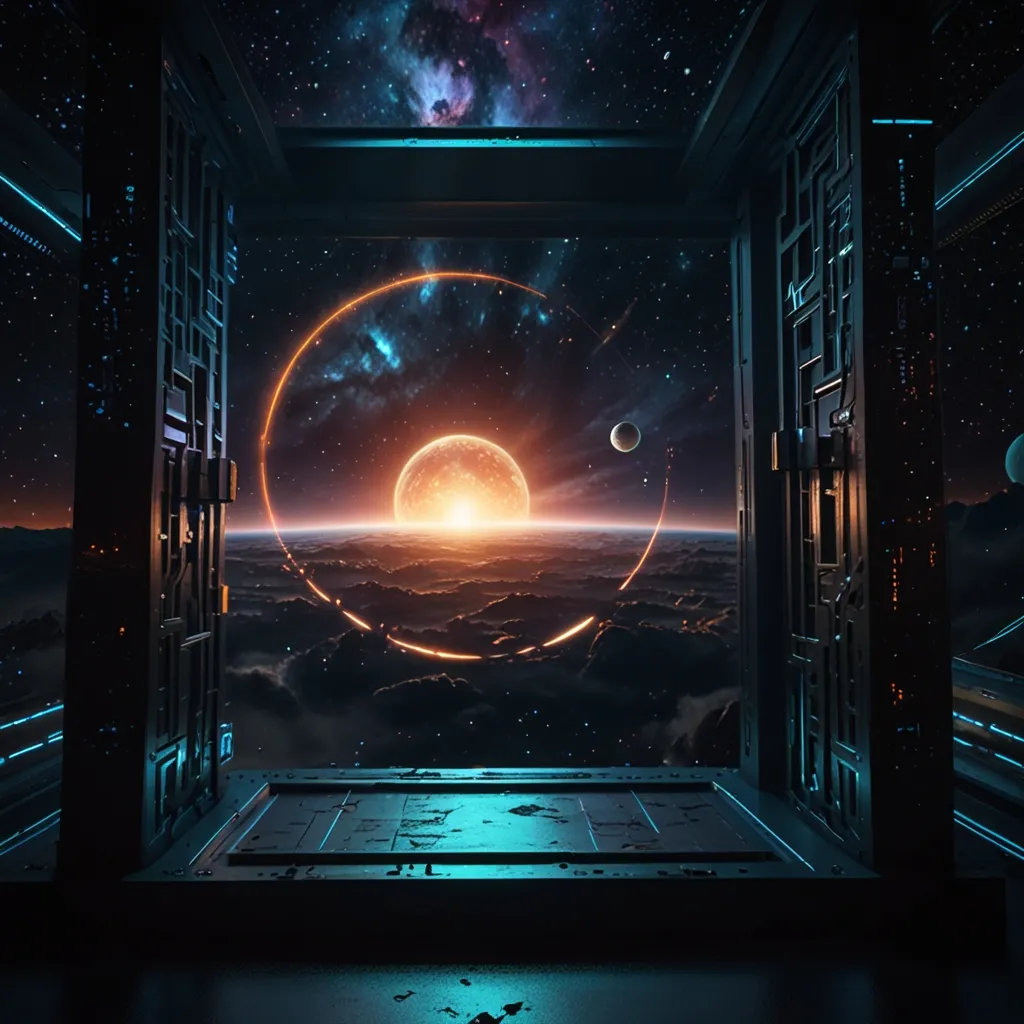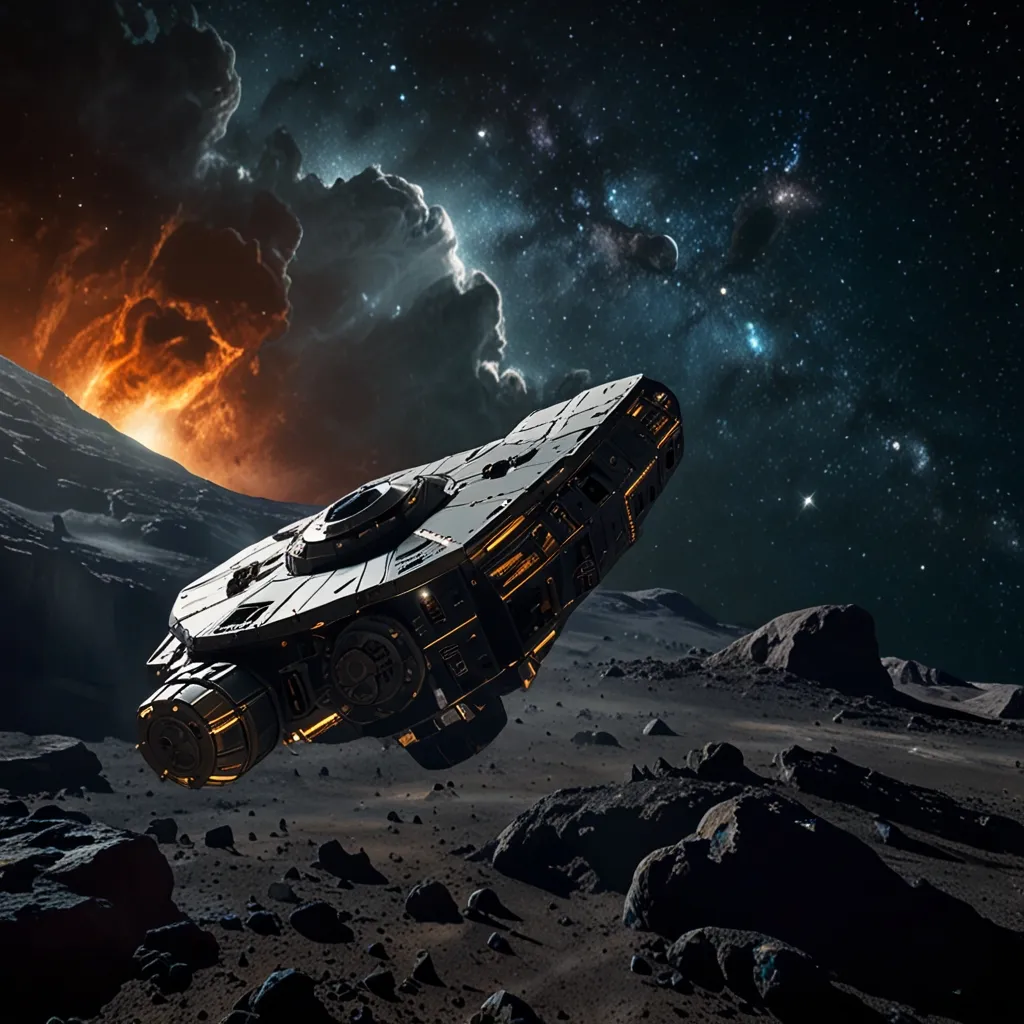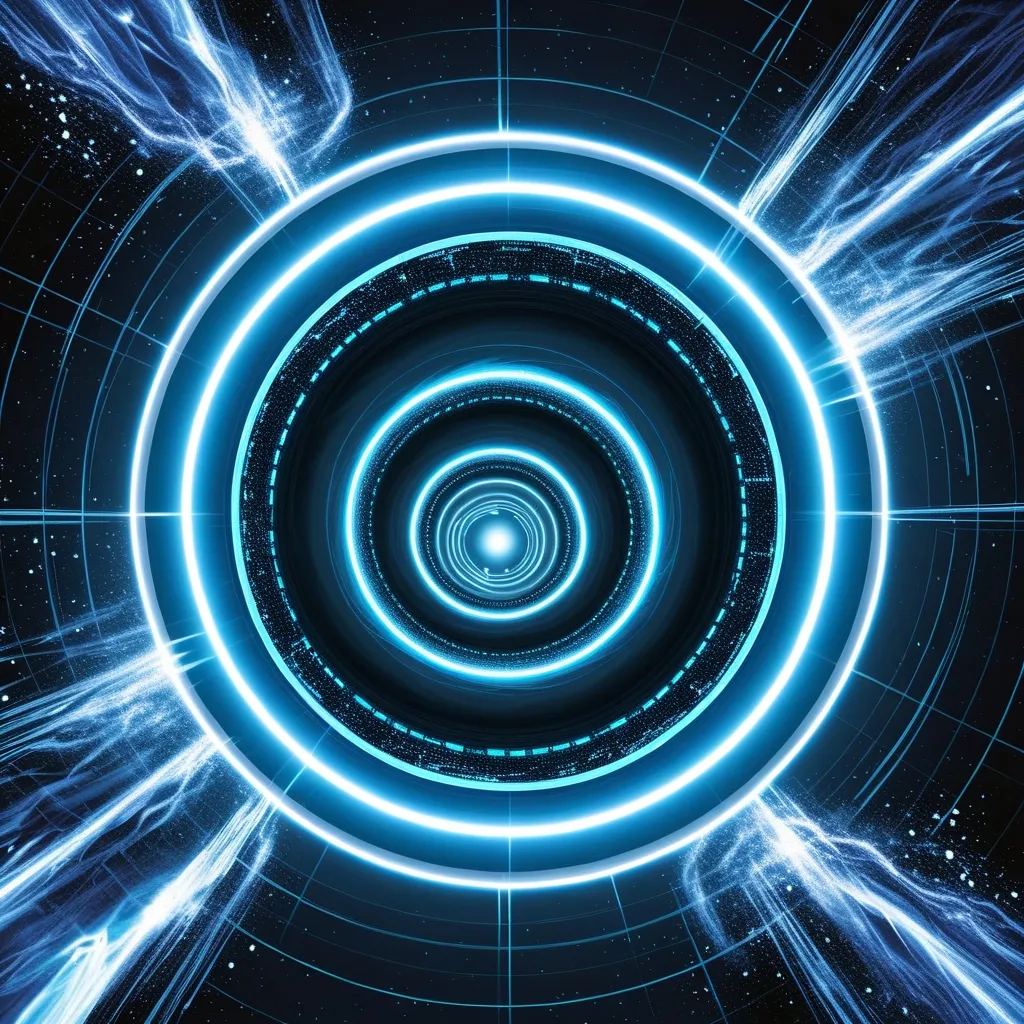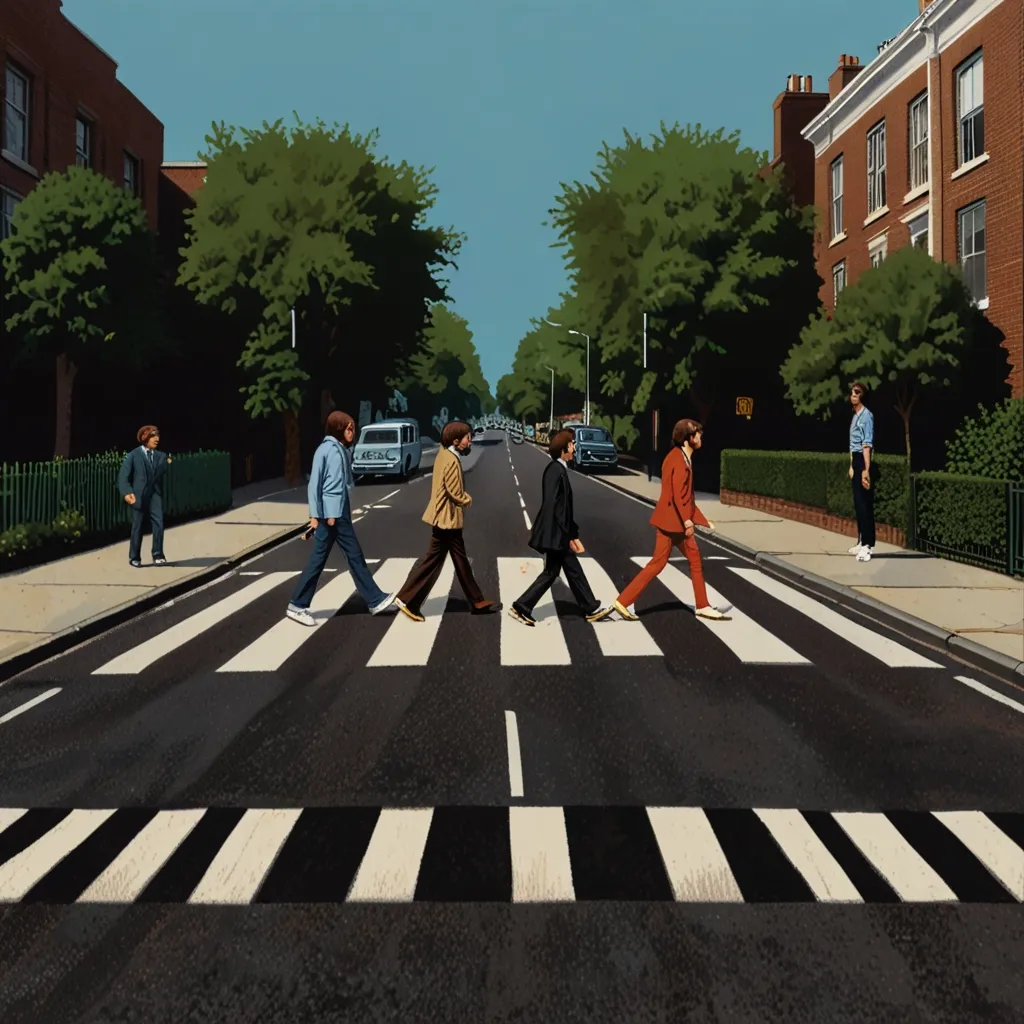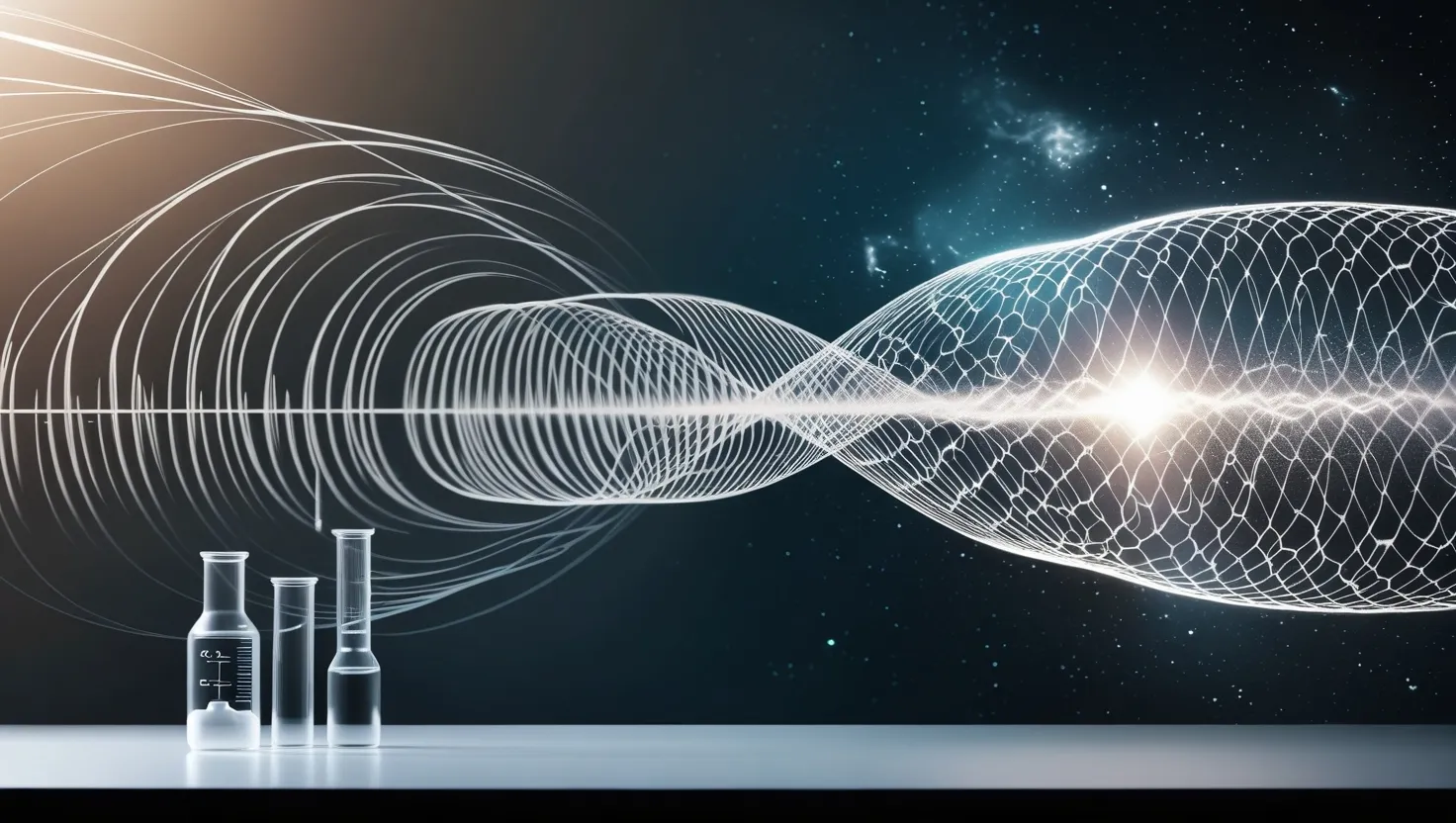Imagine one day you wake up and everything you know, from Earth to the entire universe, is just a computer simulation. This mind-bending idea, known as Simulation Theory, has scientists, philosophers, and big thinkers like Elon Musk all buzzing. They suggest our reality could actually be a sophisticated construct made by some advanced civilization or intelligence.
The idea isn’t new, but philosopher Nick Bostrom really got people talking about it. He said that if a civilization advanced enough to create super realistic simulations, they’d probably make tons of them. So, are we living in one of these high-tech simulations? It’s a wild thought.
One cool part of Simulation Theory is the concept of “ancestor simulations.” Imagine future civilizations running simulations of their ancestors, kind of like playing a super-realistic historical video game. Only here, the people and events would feel entirely real.
The theory also talks about something called “base reality.” This is the original universe where the folks running the simulations supposedly live. Think of it like the difference between our world and a video game world.
Then there’s the deep question about consciousness. If our minds and feelings can be replicated in a simulation, what does that say about what we really are? Are our thoughts just lines of code?
Technology, especially virtual reality, is often brought up in this discussion. VR is getting so good that simulated environments almost feel like the real deal. This tech might be a baby step toward creating even more complex simulations.
Connected to this is the idea of the Technological Singularity, where technological growth goes off the charts and can’t be controlled. At that stage, making highly realistic simulations might become child’s play for that civilization.
Simulation Theory has found its way into pop culture too. Movies like “The Matrix” have people pondering if our perceived reality is just a facade. It’s a trippy thought: what if our entire world is created by someone else?
Some scientists even think the universe could be like a hologram, guided by quantum codes. This would mean our reality is part of a giant, intricate program.
If we’re living in a simulation, there’s the intriguing idea of “hacking” it. Imagine tweaking the laws of nature or adding new features to our universe. It’s exciting but also reminds us we might be bound by the simulation’s rules.
Not everyone buys into Simulation Theory. Some say it’s a waste of time to guess if our universe is a simulation. They think it’s better to model the universe as a simulation, which could bring new scientific breakthroughs and a deeper understanding of our world.
In the end, thinking our reality is a computer simulation shakes up everything we know about existence. Whether it’s true or not, exploring this idea sparks new insights in science and tech. So next time you gaze at the stars, it might cross your mind: are we just characters in some cosmic video game?
